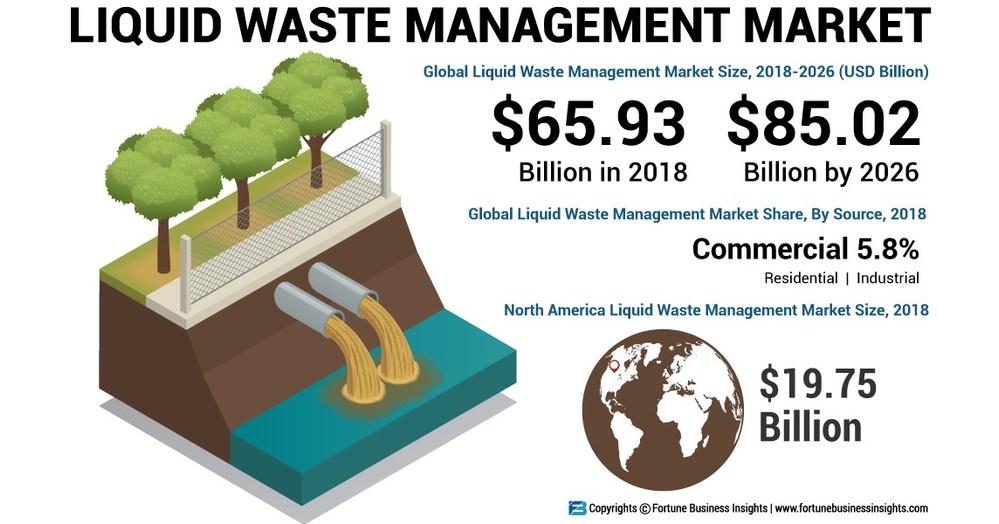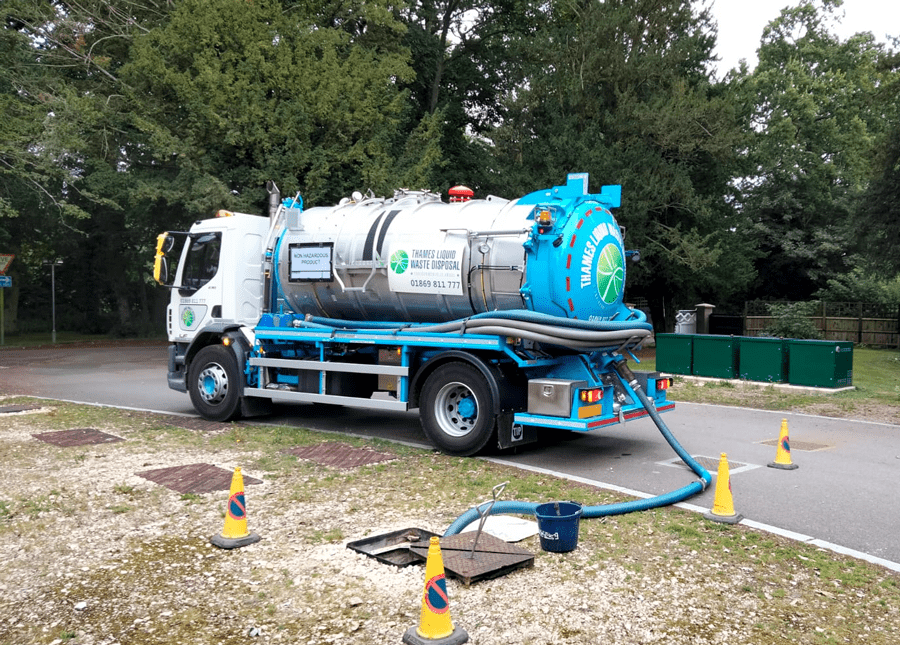Little Known Facts About Reclaim Waste.
Little Known Facts About Reclaim Waste.
Blog Article
The Single Strategy To Use For Reclaim Waste
Table of ContentsNot known Factual Statements About Reclaim Waste The Ultimate Guide To Reclaim WasteReclaim Waste Fundamentals Explained5 Simple Techniques For Reclaim Waste10 Easy Facts About Reclaim Waste Shown
Discover the kinds, events, and types of fluid waste. Residential sewer waste refers to the waste and items from a domestic septic tank. This kind of waste is created by human beings in homes, colleges, and various other buildings. This only consists of septic systems that have a drainpipe field. The appropriate management and disposal of residential sewage waste need fluid waste to be transferred to a sewer treatment plant where the correct methods and devices are related to cleanse and dispose of waste.
Commercial waste commonly consists of potential threats, such as flammable products or a mixture of liquid and solid waste products, and needs an advanced and comprehensive disposal process. The disposal of business waste typically includes the filtering of waste prior to transport to ensure safe and appropriate disposal. Hazardous waste is developed from results and runoff of industrial procedures and manufacturing.
This sort of waste can not use the exact same sewer administration transport or procedures as septic or business fluids. The hazardous waste monitoring procedure requires the evaluation and testing of liquid waste before it goes through the disposal procedure (liquid waste disposal). Runoff waste is the liquid waste that comes from drainage and excess stormwater in extremely populated areas or cities
Runoff waste can create contamination and flooding if not dealt with correctly. Discover much more about drain cleansing and waste monitoring. Guaranteeing proper waste monitoring can protect against calamities and lower environmental harm. Both individuals in residential setups and specialists in industrial or production industries can benefit from recognizing the processes and policies of liquid waste management.
Some Ideas on Reclaim Waste You Should Know
Contact PROS Providers today to learn regarding our waste management and disposal solutions and the correct ways to look after the fluid waste you create.
(https://reclaimwaste1.creator-spring.com)Do you know what happens to your water when you pull the plug, purge the toilet or drain pipes the washing maker? No? Well, it's worth recognizing. This so-called 'wastewater' is not just an important source however, after therapy, will be launched to our land, waterways or the sea. Made use of water from bathrooms, showers, baths, cooking area sinks, washings and commercial processes is known as wastewater.

water used to cool down equipment or clean plant and tools). Stormwater, a type of wastewater, is runoff that flows from farming and city areas such as roofings, parks, yards, roads, paths and seamless gutters right into stormwater drains, after rainfall. Stormwater moves without treatment straight to local creeks or rivers, eventually getting to the sea.
The Ultimate Guide To Reclaim Waste
In Queensland, a lot of wastewater is treated at sewer treatment plants. Wastewater is carried from domestic click for more or commercial websites through a system of sewage systems and pump stations, known as sewerage reticulation, to a sewer therapy plant. City governments construct, keep and run most sewage treatment plants. Operators are certified under the Environmental Management Act 1994 to discharge treated wastewater at an acceptable ecological criterion right into waterways.
The Division of Natural Resources encourages regional governments about managing, operating and maintaining sewage systems and therapy plants. In unsewered areas, city governments might need homeowners to install specific or family sewage treatment systems to deal with residential wastewater from bathrooms, kitchens, bathrooms and washings. The Department of Natural Resources authorises using household systems when they are shown to be efficient.
In some brand-new class, therapy of some stormwater to eliminate litter, sand and crushed rock has begun using gross toxin catches. Wastewater treatment takes place in four stages: Removes strong issue.
Wastewater after that flows right into big tanks where solids resolve and are gotten rid of as sludge. Oil and scum are skimmed from the surface. Uses small living microorganisms referred to as micro-organisms to break down and get rid of staying liquified wastes and great fragments. Micro-organisms and wastes are incorporated in the sludge. Removes nitrogen and phosphorus nutrients that might trigger algal flowers in our rivers and intimidate aquatic life.
Some Known Questions About Reclaim Waste.
Nutrient elimination is not readily available at all sewer therapy plants since it needs costly specialist equipment. It is becoming a lot more common in Queensland. Clear liquid effluent generated after therapy may still include disease-causing micro-organisms. If this effluent is released right into rivers such as rivers or the sea, the micro-organisms will ultimately pass away out.

Most wastewater streams into the sewage system. Under the Act, local federal governments provide approvals and permits for ecologically relevant tasks (Ages) involving wastewater releases that may have a local influence.
Some Of Reclaim Waste
Monitoring offers factual information about water quality and can validate that licence problems are being fulfilled. The info gotten through tracking gives the basis for making water top quality choices.
Report this page